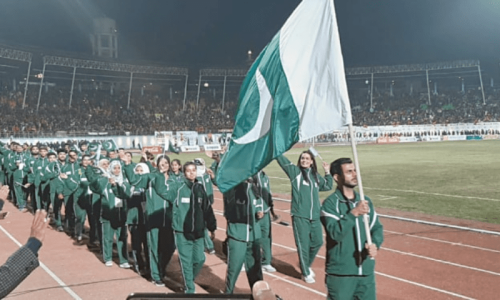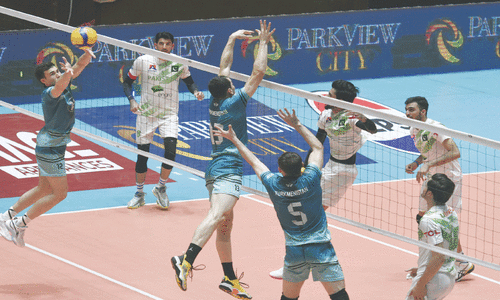
It was reported on the inside pages of a national newspaper. One should be thankful that there was a report at least. Otherwise, with India engaged in its own issues, there’s been little or no coverage of the seemingly never-ending attacks on the Hazara Shias, especially in Quetta.
“We want the UN to put pressure on the government of Pakistan to provide adequate security measures for protection of the life of the Hazara community in Quetta and neighbouring districts. We also feel that even after terrorist attack on Hazaras, the victims and the survivors are yet to get adequate medical facilities,” Murtaza Rezaeii, a Hazara community member, was quoted as saying at the protest.
Whether it’s in the protest in Delhi, or across the cities of Pakistan, well-meaning people have come together to condemn the attacks in no uncertain terms and pointed to the dangers that abound.
As a reporter who lived in Islamabad from 1997 to 2000, I realised the difference between Shia and Sunni at the few iftaars I got invited to. Some people ended their fasts earlier than others at these iftaars.
For me, this was a little strange till I began seeing that newspapers carried different times for the end of the fasts during Ramazan for Shias and Sunnis at different times.
And, then, like now, there were targeted killings of Shia Muslims, which suddenly started and suddenly ended. It was a phenomenon, my Pakistani friends told me, which could have links to bits of the State establishment.
With no significant minority to talk of, it appeared to me that Pakistan from within needed new enemies to target, new figures to hate. And, the Shias, for many, fitted the bill. But a lot has happened since then.
There was no organised Taliban in the period I lived in Islamabad. It was a force that existed only in Afghanistan, with which the Pakistani establishment flirted. In the last decade and more, all that has changed. Both sectarian and Islamist groups gather their strength and are bent upon enforcing their writ.
Fast-forwarding to the present, the writer Mohsin Hamid puts the violence in Pakistan in perfect perspective:
“Pakistan is in the grips of militancy because of its fraught relationship with India, with which it has fought three wars and innumerable skirmishes since the countries separated in 1947. Militants were cultivated as an equalizer, to make Pakistan safer against a much larger foe. But they have done the opposite, killing Pakistanis at home and increasing the likelihood of catastrophic conflicts abroad. Normalizing relations with India could help starve Pakistani militancy of oxygen.”
One can only agree with this analysis. And hope and pray that all elements of the Pakistani State realise that these forces will not stop at the Hazara Shias, but systematically obliterate all aspects of modernity from society.
It is a goal that these sectarian / Islamist forces have placed before the people of Pakistan – a horrific vision of the kind of country they want.
The choice is clear, but veteran commentator Irfan Hussain writing in Dawn doesn’t believe that change is going to happen:
Tensions between the civilian government and the military leadership means that they are working at cross-purposes in what should be a united struggle against extremist forces. Despite the outrage after the latest atrocity, I don’t expect things to change. The state has always relied on our short attention span: as soon as there is another attack, our focus will be diverted from the Quetta carnage. Soon, it will be business as usual for everybody except the Hazaras.
Depressing.

The views expressed by this blogger and in the following reader comments do not necessarily reflect the views and policies of the Dawn Media Group.










































